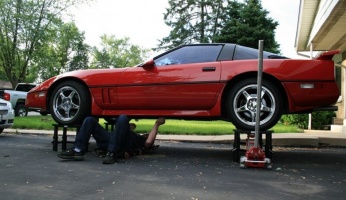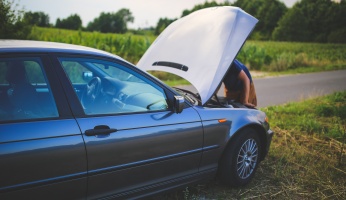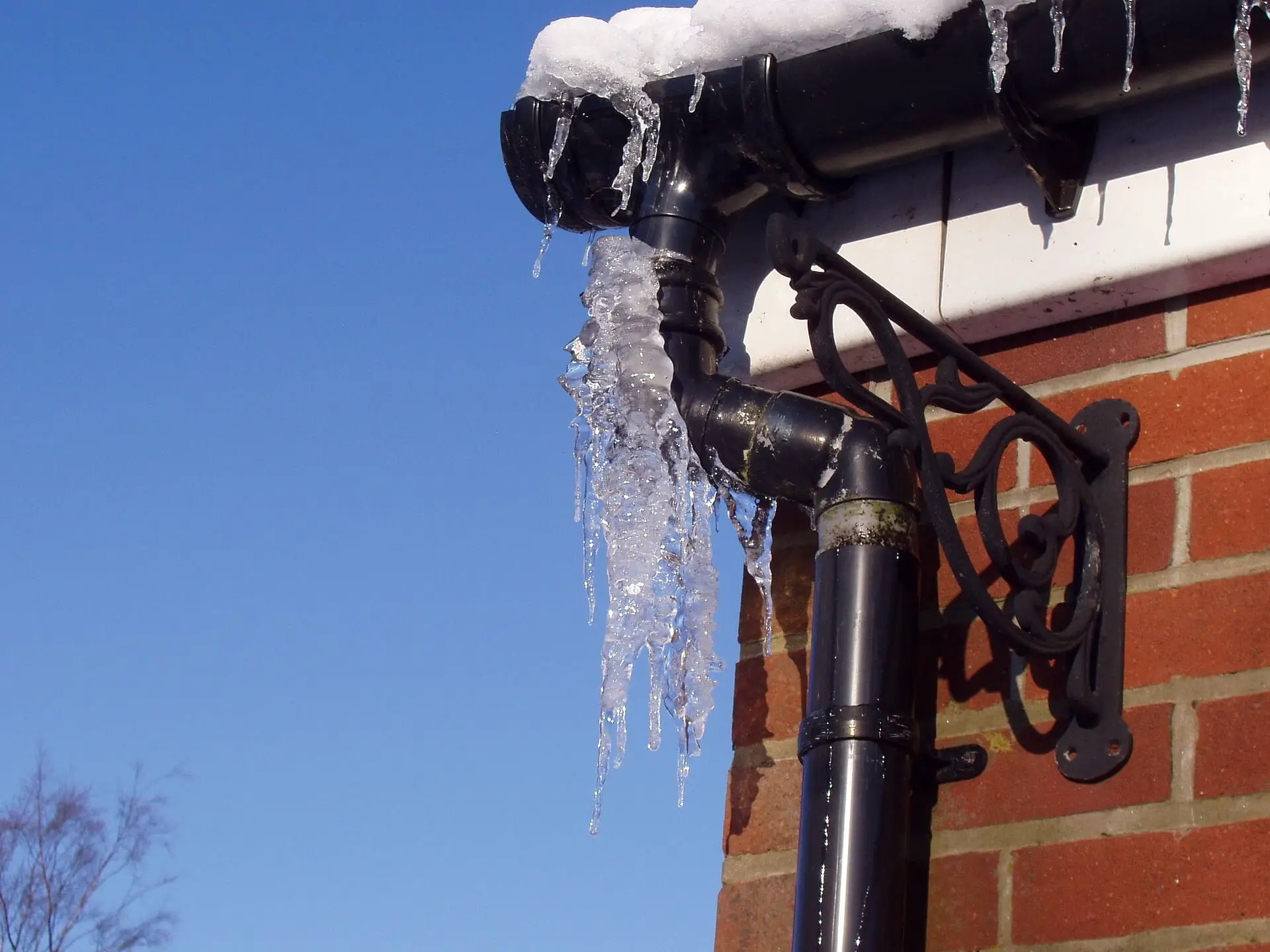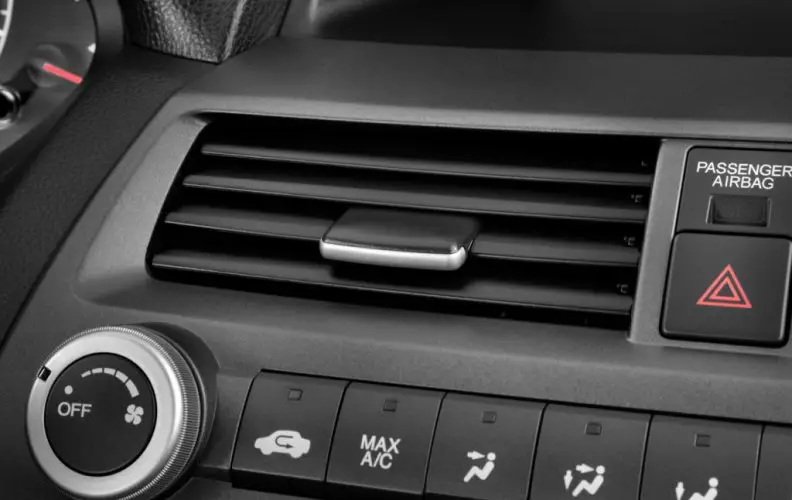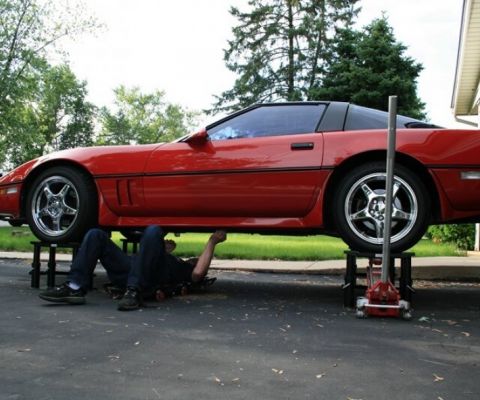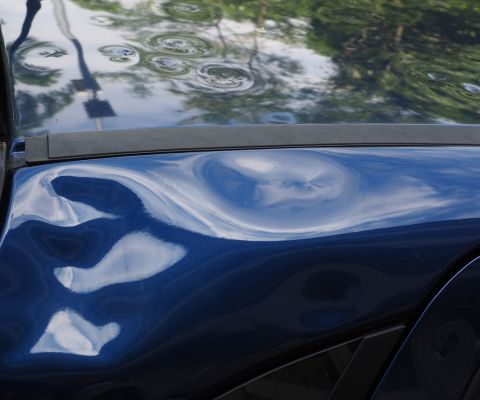How to Use a Generator: A Complete Guide
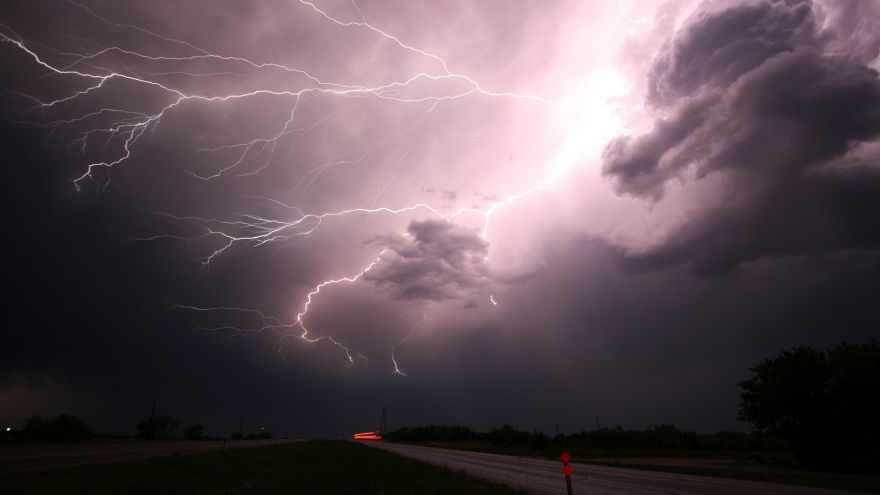 How to Use a Generator: A Complete Guide
drivrzone.com
How to Use a Generator: A Complete Guide
drivrzone.com
What do you use when the power goes out at your home during a storm or bad weather? Most people will use flashlights or candles. A generator can be a life-saving thing to have if you or someone you love in the home needs to have medical equipment always running like oxygen or a heart monitor. In this blog, we will explain to you how to use a generator and how it can be beneficial and easy to use if you were to get one.
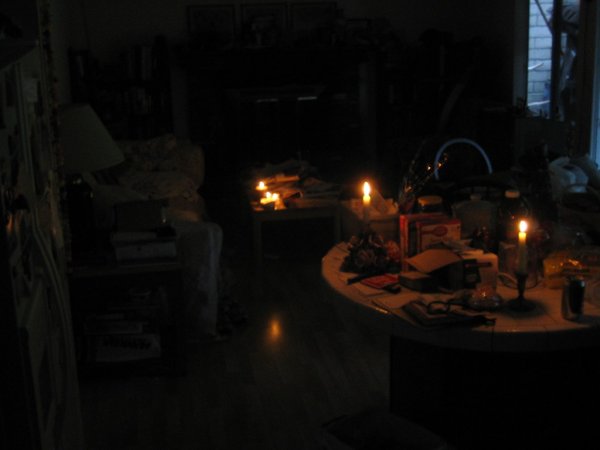
How to Use a Generator
Common types of generators will be diesel, natural gas, portable, standby, and direct-current power generators. Power generators are usually named by their primary source of energy, but there are other criteria used as in portability and how many watts of electricity they produce. Depending on the generator, most of the steps on how to use them are the same.
Read Owners Manual
If you have never used a generator in the past, you will want to read the manual first for safety instructions. Keep this part of the information next to the area you store the generator to have handy if you need it in a hurry. Reading the manual and the safety procedures will help ensure that you know how to use a generator during a power outage.
Place the Generator in a Proper Place
Carbon monoxide poisoning is one concern when using a generator. This being said, you do not want to keep the generator in your home or too close to your home. This would include porches, basement, decks, and patios. A strong wind can carry the fumes into the house, and you don’t want to risk having the fumes going into your home.
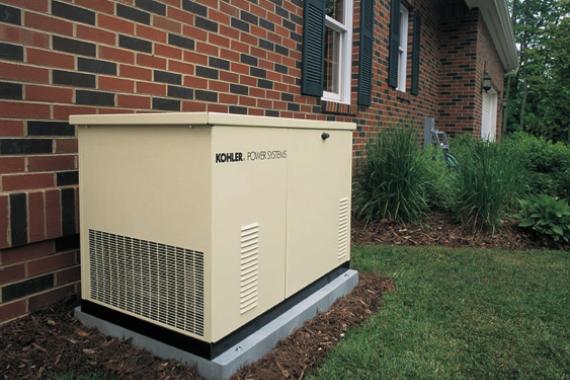
Don’t Backfeed
Now for those of us who don’t know what this means, we will explain it. Backfeeding is when the extension cord you use has prongs on both ends of it, and you run it from the generator into your home and plug into an outlet. People sometimes do this thinking it will run an entire room in the house with electricity. However, this will cause everything on the same circuit to become electrified, and if you have not shut off the main breaker in your home, it will send electricity through the power grid.
This can, unfortunately, send the electricity out into a transformer, and if someone comes around to repair the outage, they could be injured by the backfeed. If you want to have a way to get rid of all the extension cords from the generator to the house, then have a professional install a transfer switch.
Level Surface
Most generators will have a splash lubrication system with dippers that scoop up and splash the lubrication on the moving parts. For this to work correctly, you will need to have your generator on a flat level surface.
Check the Fuel and Oil Levels
You will want to make sure you have a full tank of fuel; most generators should have a fuel gauge. If you need to fill it up, check the manual to make sure you are using the proper fuel and oil for your generator. The oil level should be like checking it on your vehicle. Add or change the oil if necessary, according to the owner’s manual.
Power On
Follow the manual to turn on your machine. Typically, there is a circuit breaker lever on the generator as well as a fuel valve, you will need to set the breaker off and turn the fuel valve on.
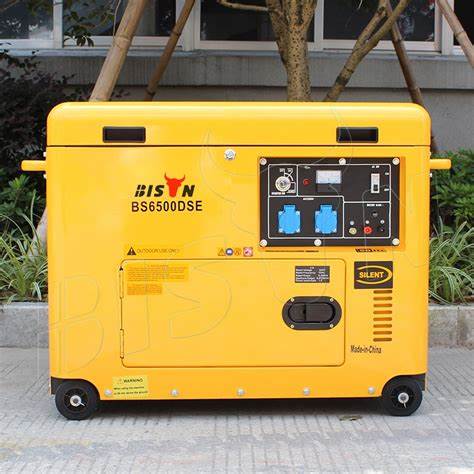
Wattage Requirements
While reading the manual, make sure to understand what the output is on the generator. There is a maximum wattage that a generator can handle when in use. The more lights, appliances, or other items you plug into, it can overload the generator.
Don’t Use Damaged Cords
Once you have the generator working and in place, the cords you use to plug into it can not be damaged or frayed. Do not use indoor cables; you need to use outdoor extension cords.
Shut Down Generator
When you are done using the generator, make sure to unplug all the appliances or items you have attached to the generator first. Then power down the generator according to the manual.
Extra Generator Tips
It’s essential to know how to use your generator properly before gearing it up. These additional tips will help keep you and your family safe.
Carbon Monoxide Warnings
If you have a carbon monoxide alarm in your home and it goes off while running the generator, immediately open windows and call emergency personnel. Don’t touch the generator to turn it off, wait for the personnel to show up and see what is going on with your generator.

Don’t Fuel Generator When Hot
Do no store your fuel next to the generator. A generator will cool down with it is shut off, like most things that run on fuel, the engine will become hot and need time to cool. When putting fuel back into the generator, you will want it to be cooled off, because if you spill fuel on the generator while it is hot, it could cause a fire.
Use a Fuel Stabilizer
When using a generator, this is a huge investment, so using the proper fuel is essential. Most fuel has chemicals in it that can degrade, adding a fuel stabilizer to add to the fuel will help keep it from degrading too fast. Also, it might be useful to buy a separate gas can specifically for your generator to keep the fuel separate from other fuels that you may use and keep at home for other equipment.
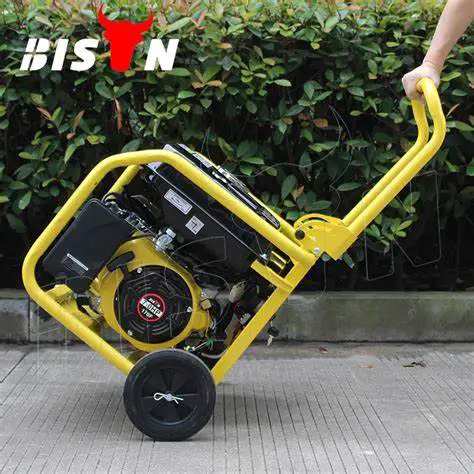
Inspect Regularly
Keeping your generator in good working order is essential for it to work when you need it to. A generator will sit for long periods without being used, so if you have it sitting indoors, make sure you regularly inspect it to make sure there is fresh fuel in the tank, and all the parts are working. Run the generator at least once a month just for a short amount of time to make sure it works properly and that all the parts stay lubricated for emergencies.
Do Not Get Wet
Since generators produce electricity, water does not mix well when in use. This is potentially dangerous and should be avoided at all costs. Make sure that wherever you put your portable generator, that is has a canopy or some other cover for it to protect it from moisture. Also, do not touch with wet hands.
Size Matters
This is not meaning the actual size of the generator but the capacity of the generator. Figure out what you want to run in case of an emergency and power outage, then add up all the loads you know you will need. Start-up of an item usually takes more power to on, so make sure you take that into account. You will want to make sure you get a generator that can handle the amount of wattage you want to run plus some excess capacity in case you didn’t calculate accurately.
The Bottom Line
Using a generator can be complicated if you don’t understand it. It can also be regulated if you decide to get a permanent generator installed on your property. Make sure you check for those requirements, and even if you are buying one, ask a professional what you need or the size. Having a generator on hand is an excellent idea for those emergencies for those that have medical equipment on hand or just in case you run out of power for long periods.

